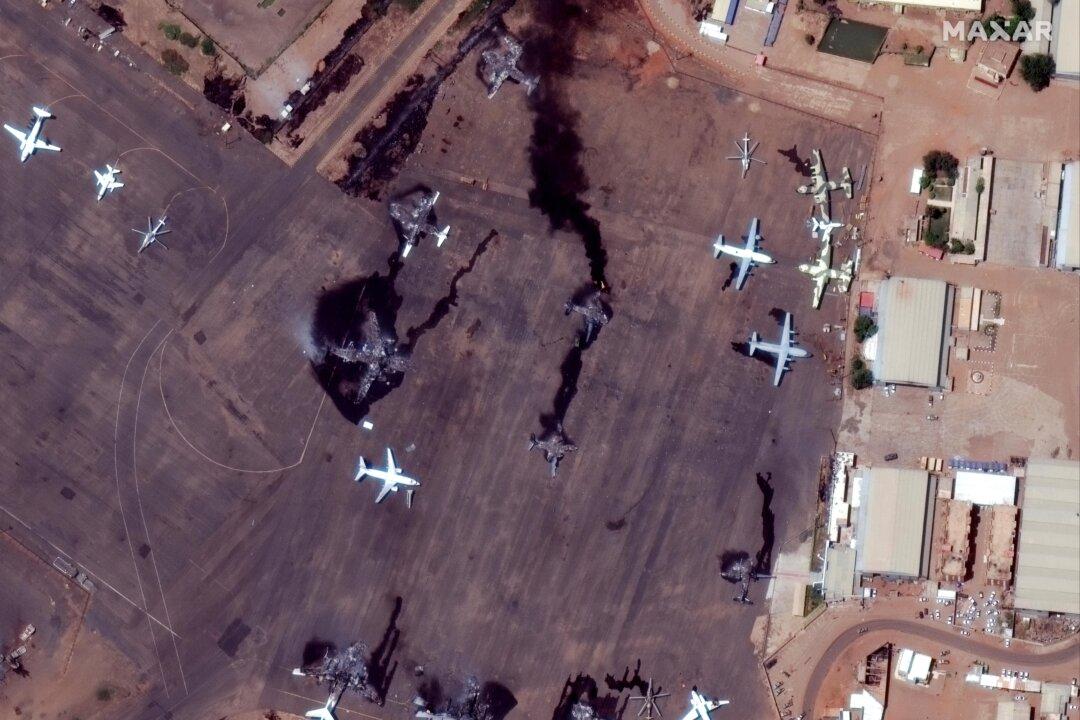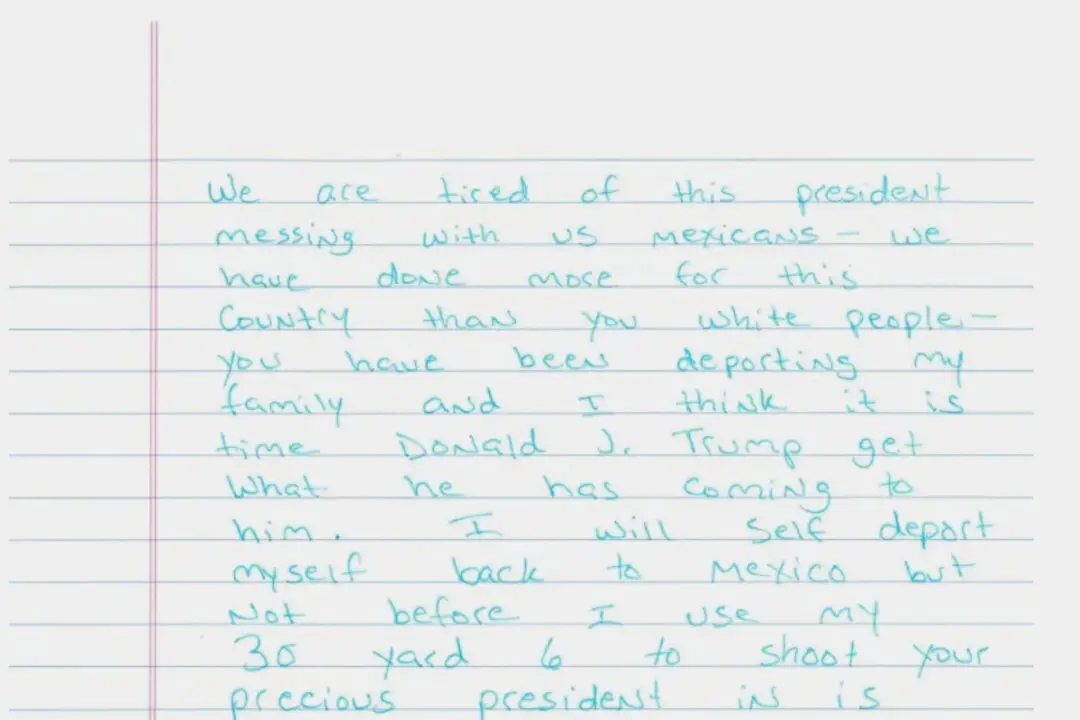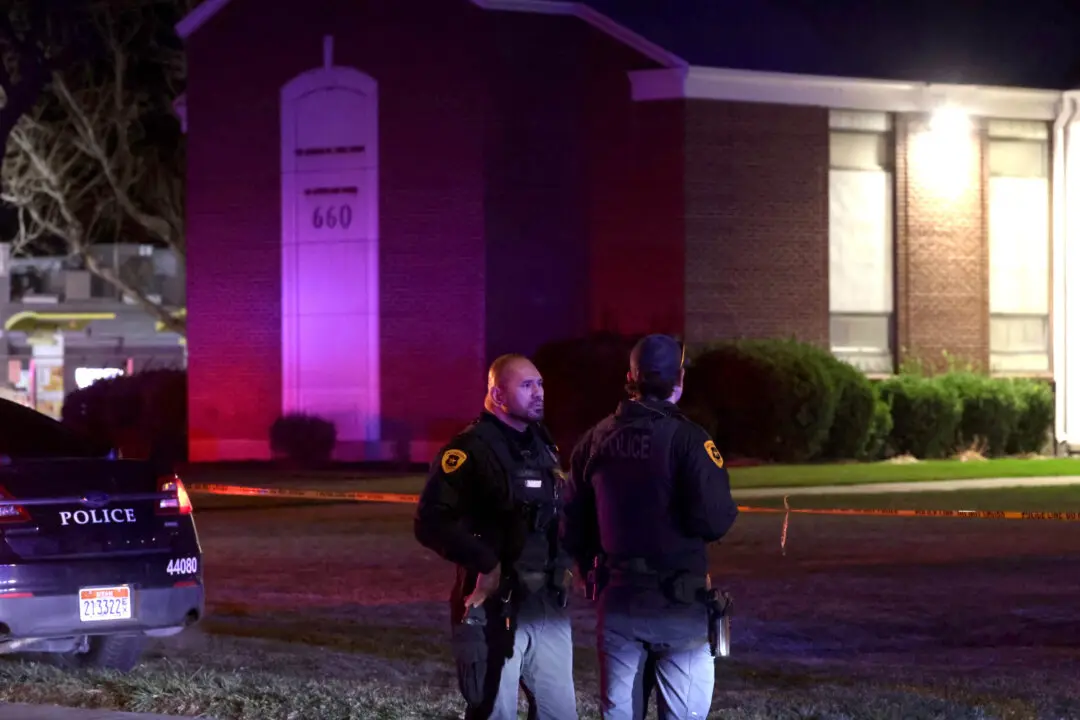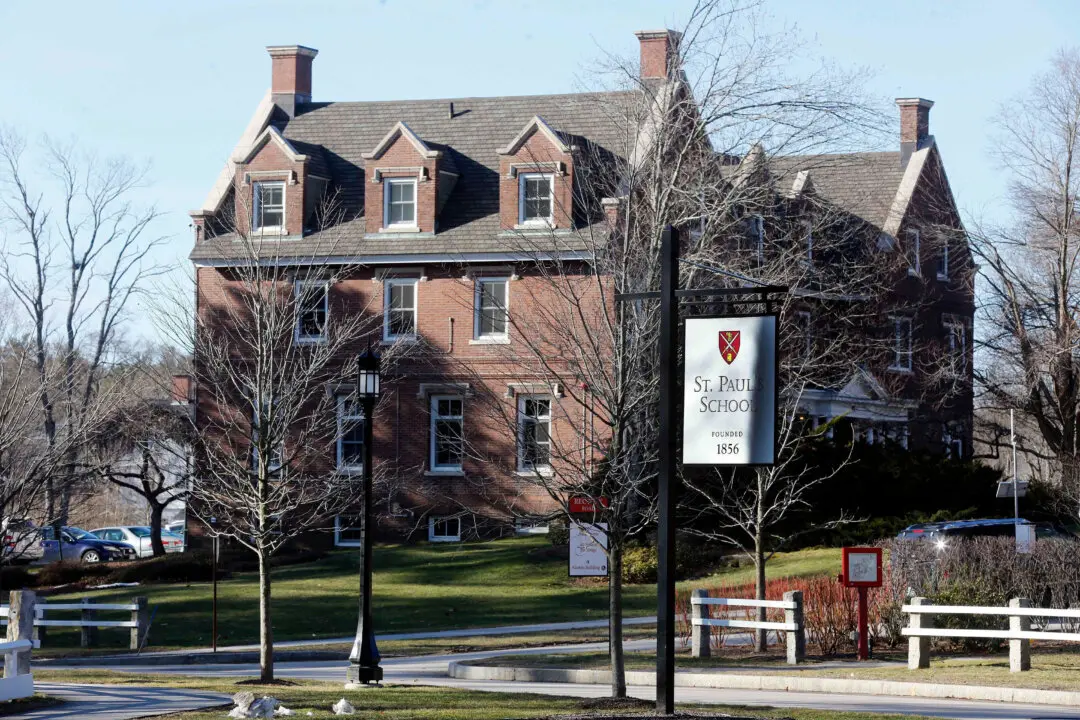KHARTOUM, Sudan—A 24-hour cease-fire reportedly reached between Sudan’s rival generals went into effect on Tuesday, but fighting continued in the capital and it was unclear whether it would hold.
Residents said they still heard gunfire and explosions in different parts of Khartoum, particularly around the military’s headquarters and the Republican Palace, the seat of power. They said few people had ventured out, though there were crowds outside some bakeries.





